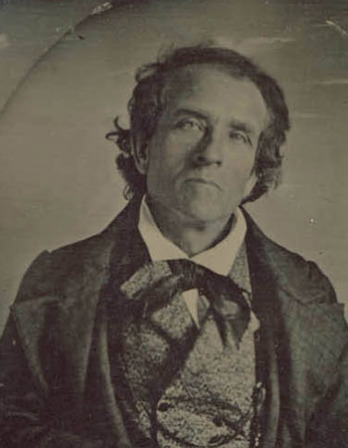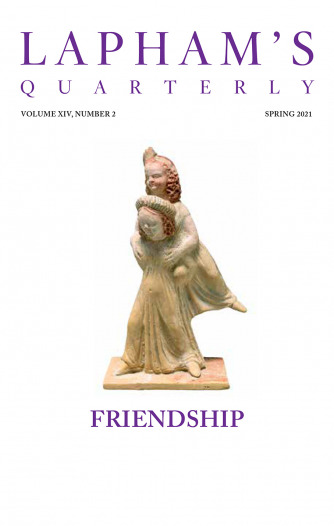Shareholder: The difficulties and the frightful occurrences in the exchange business have taught some precepts.
The first principle in speculation: Never give anyone the advice to buy or sell shares, because where perspicacity is weakened, the most benevolent piece of advice can turn out badly.
The second principle: Take every gain without showing remorse about missed profits, because an eel may escape sooner than you think. It is wise to enjoy that which is possible without hoping for the continuance of a favorable conjuncture and the persistence of good luck.
The third principle: Profits on the exchange are the treasures of goblins. At one time they may be carbuncle stones, then coals, then diamonds, then flint stones, then morning dew, then tears.
The fourth principle: Whoever wishes to win in this game must have patience and money, since the values are so little constant and the rumors so little founded on truth. He who knows how to endure blows without being terrified by the misfortune resembles the lion who answers the thunder with a roar, and is unlike the hind who, stunned by the thunder, tries to flee. It is certain that he who does not give up hope will win, and will secure money adequate for the operations that he envisaged at the start. Owing to the vicissitudes, many people make themselves ridiculous, because some speculators are guided by dreams, others by prophecies, these by illusions, those by moods, and innumerable men by chimeras.
Merchant: People who get involved in this swindle seem to resemble the English Quakers, who believe to contain in their bodies an inner light that advises them. These stock-exchange people are quite silly, full of instability, insanity, pride, and foolishness. They will sell without knowing the motive; they will buy without reason.
Shareholder: Your conjecture is incontestable. One speculator was dreaming of a statue of Nebuchadnezzar, whereupon he immediately sold his shares, explaining the dream: as the statue was overthrown by a pebble, so the business with China would be lost by the company, and with the arrival of the Indian ships, a collapse was bound to occur.
From Confusion of Confusions. Born into a Marrano family in a small town in the Córdoba province in 1650, Penso de la Vega moved at an early age to Amsterdam, where he went on to become a merchant poet. Written in the form of four dialogues between a philosopher, a merchant, and a stockholder, Confusion is a primer on the operations of Dutch trading companies and Amsterdam coffeehouses. It is said to have been the first book written about the workings of a stock exchange.
Back to Issue





